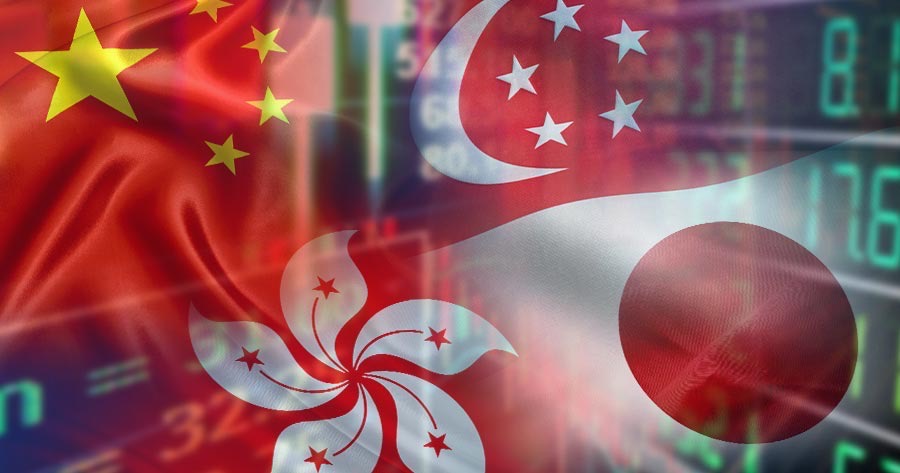Output of Asian factories rose despite surging omicron case prompting fresh restrictions and renewed threat to supply chains and energy prices after Russia invaded Ukraine.
Strong international sanctions against Russia in response to its invasion of Ukraine have jolted markets and boosted oil prices, adding to headaches for Asian economies and businesses already reeling from rising input costs.
Chinese factories showed resilience after expanding in February despite input cost pressure.
Manufacturing activity also expanded in Malaysia, Vietnam and the Philippines as they gradually re-opened their economies even as Omicron infections continued their spread, surveys showed.
However, Japan’s factory activity growth slowed to a five-month low in February on continued COVID-19 curbs and rising input costs.
The expansion in activity also slowed in Taiwan and Indonesia in a sign of the lingering impact of supply chain disruptions caused by the pandemic.
“The most immediate hit from the crisis will come from rising oil prices, which will deal a severe blow to many Asian economies,” said Toru Nishihama, chief economist at Dai-ichi Life Research Institute in Tokyo as reported by Reuters.
“Russia is a big exporter of gas, rare metals and other goods critical for chip production. That means the crisis could aggravate supply chain disruptions, which would be bad news for countries like Japan, South Korea and Taiwan.”
Japan’s PMI slipped to 52.7 in February from 55.4 in January, marking the slowest expansion since September last year.
“Significant supply chain disruption which dampened output and demand in the latest survey period was attributed to severe material shortages and delivery delays,” said Usamah Bhatti, economist IHS Markit, which compiles the survey.
According to National Bureau of Statistics, official manufacturing purchasing managers’ index rose to 50.2, beating median estimate of 49.8 in a Bloomberg survey of economists.
The non-manufacturing gauge, which measures activity in the construction and services sectors, increased to 51.6, above the consensus forecast.
Taiwan’s PMI fell to 54.3 from 55.1 in January, while that for Indonesia slipped to 51.2 from 53.7, the surveys showed.
The index for Malaysia rose to 50.9 in February from 50.5, while that for Vietnam stood at 54.3, up from 53.7 in January.



